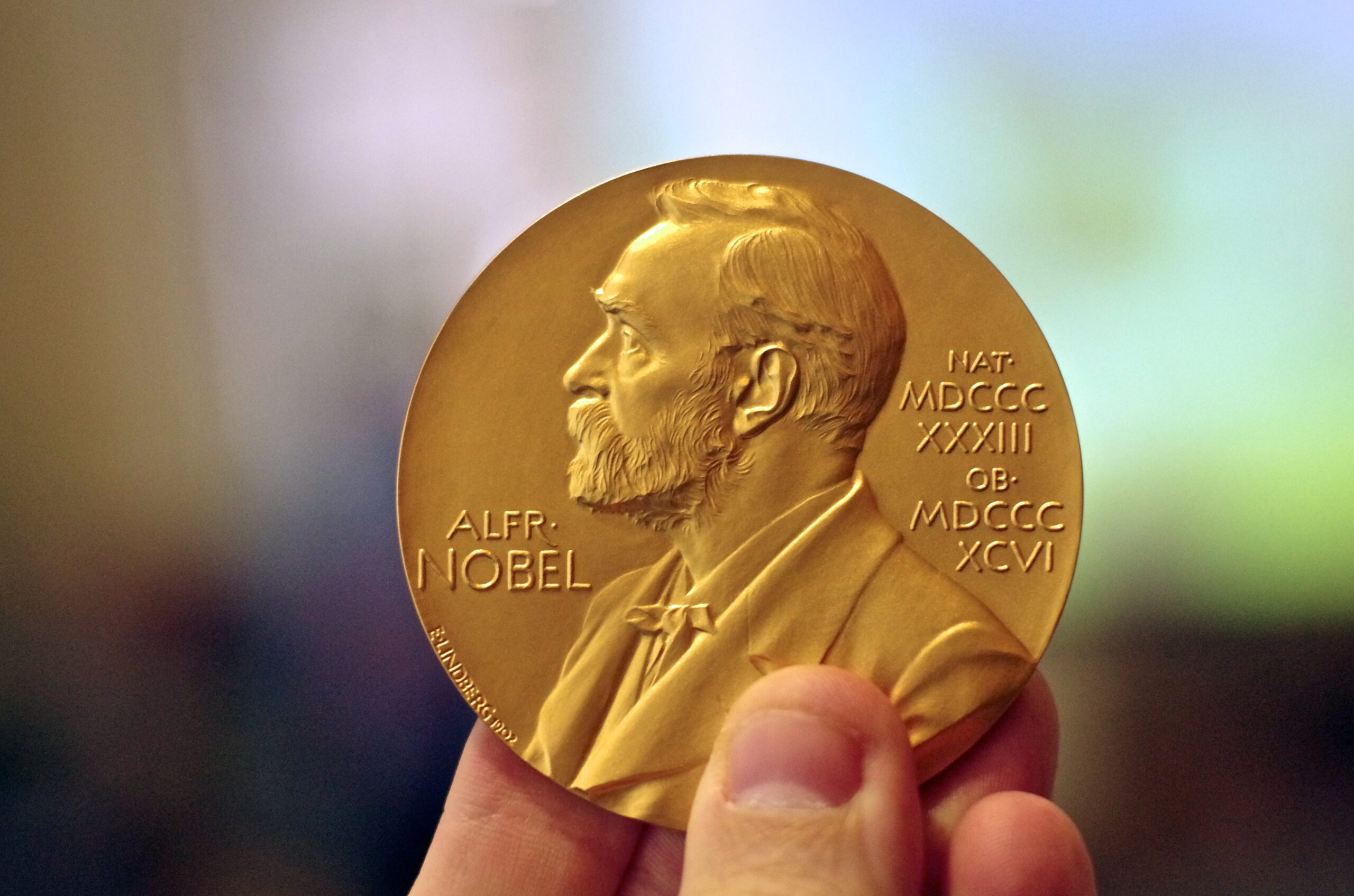October often rhymes with temperatures dropping, windy weather and oh-so-frequent showers. Yes, you are right: winter is coming. However, October is also a month of winners – how heart-warming. Every year in October, and since its establishment in 1901, the Nobel Prize Committee announces its laureates. The Nobel Prize has built up an incredible reputation and is now part of our global heritage. But do you really know what lies behind this prestigious ceremony? What are the tiny little secrets of the Swedish institution?
- The Swede, Alfred Nobel, bitterly regretting having contributed to warfare, decided that he would offer five prizes every year “to those who, during the preceding year, have conferred the greatest benefits to mankind”.
- Nobel nominees are never announced, so assume you have almost won next year’s prize! All records of nominations are sealed for 50 years. Oh and, for the record, self-nominations are automatically rejected. Sorry.
- This year’s laureates are yet again to be set in stone. The 17-year-old Malala Yousafzai is the youngest receiver of a Nobel Prize. And May-Britt and Edvard Moser from the Norwegian University of Science and Technology are the fifth married couple to win an award in the history of the Nobels.
- There are five categories: Physiology or Medicine, Literature, Chemistry, Physics and Peace. Notice that Nobel originally did not mention economics? That is because the Nobel Prize for Economic Science is not a Nobel Prize. It is technically the Bank of Sweden Prize in Economics Sciences in Memory of Alfred Nobel, created by the Swedish Central Bank in 1968.
- Marie Curie was the only woman to win two Nobels: one for physics in 1903 and one for chemistry in 1911. She and Linius Pauling are the only lucky ones to have nabbed a Nobel in two categories. Pauling won the Nobel for chemistry in 1954 and for peace in 1962 – for his fight against nuclear weapons testing.
- The Nobel Committee is not flawless. Physicist, Lise Meitner, who made the calculations that led to the discovery of nuclear fission was nominated for the Physics prize 13 times, but unfortunately never won it. Same thing happened to Ghandi, who could not be awarded the Holy Grail, for the very reason that the Nobel Committee does not award posthumous prizes. Geir Lundestad, Director of the Norwegian Nobel Committee, called Ghandi’s absence “the greatest omission in [the Nobel’s] history”.
- Since Norway has just been briefly mentioned, did you know that the Nobel Peace Prize is awarded in Oslo, whilst the others are awarded in Stockholm? Weird, is it not? Not really, actually. Alfred Nobel planned it all out in his will. What a man full of surprises!
- Oh, and since we are talking about the award ceremony, do you know what it consists of? Alongside the fancy three-course dinner and live music performances, it is the über strict dress-code that rubs one the wrong way. Men must wear – get ready – “a black tailcoat with silk facings, sharply cut away from the front, black trousers with two rows of braid down each leg” (bear with us, we are almost done) “white stiff-fronted shirt, white stiff wing collar attached to the shirt with collar studs, white bowtie, white low-cut waistcoat, black dress socks and black formal shoes” –demanding much? Surprisingly enough, for once, ladies have it a little easier: no restrictions on colours or design. They can even decide whether or not they want to wear gloves and a shawl. So kind of you, Nobel Committee.
- The Nobel Prizes are awarded on the 10th of December, anniversary of Alfred Nobel’s death. He died from a stroke in 1896. He was 63.
- Do not deny it, the $ 64,000 question is: what do winners get? They get back home with a diploma, a golden medal and –of course- money. Last year’s laureates were awarded the sizeable amount of $ 1.1 million each. But they would all agree with this: winning a Nobel? Priceless.
- Last, but not least, a little bird told us that if there are no Nobel Prize for Mathematics, it is because Nobel’s wife’s lover was a mathematician. Nobel’s anger at its finest had him categorically refuse to have a Prize for Mathematics. But, that is stupid. All these rumour-has-its are nonsensical: (i) he did not get married – did not see that coming, did you? and (ii) Nobel was way too smart to care about such petty details: he considered mathematics as purely theoretical and only agree to reading applied works.

Leave a Reply